All products featured are independently chosen by us. However, SoundGuys may receive a commission on orders placed through its retail links. See our ethics statement.
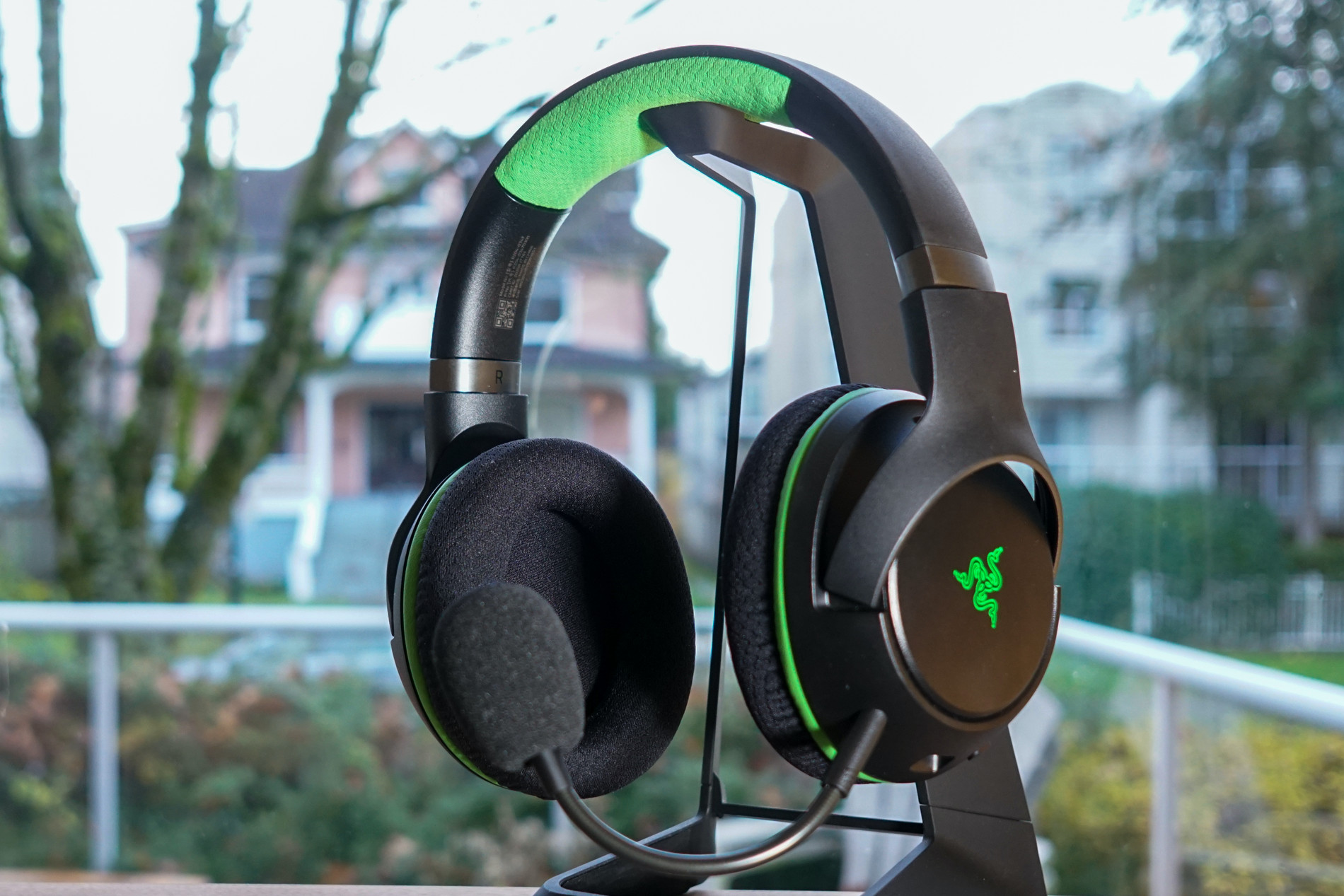
Razer Kaira Pro review
November 4, 2021
Razer Kaira Pro
It’s a new generation of consoles, and that means new gaming headsets. Sure, most people won’t be able to snag their own PlayStation 5 or Xbox Series X/S for a long time, but that hasn’t stopped companies from flooding the market with sparkly new and updated accessories for them. The Razer Kaira Pro is Razer’s newest audio offering targeting the Xbox Series X, and it brings a pretty decent spread of practical features.
Is it worth the upgrade?
See also: The best Razer gaming headsets
Editor’s note: this Razer Kaira Pro review was updated on November 3, 2021, to update the charts and scoring, and to make a comparison to the Microsoft Xbox Wireless Headset.
Who should get the Razer Kaira Pro?
- Gamers looking for something to match their shiny new console.
- Anyone using Microsoft platforms like Windows or the Xbox One who needs something that works with Bluetooth too.
What is the Razer Kaira Pro like?
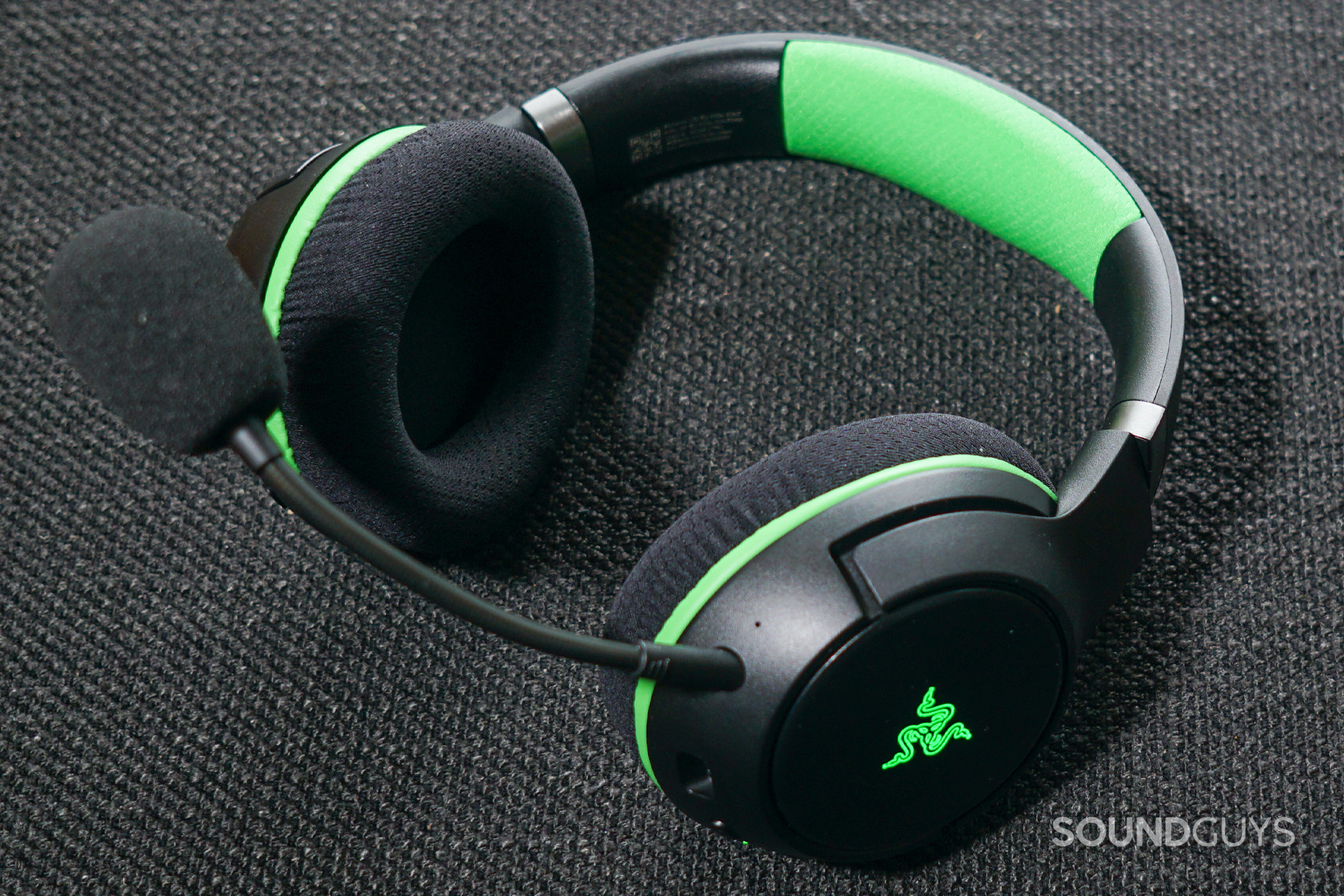
Much like the Razer Opus and BlackShark V2, the Razer Kaira Pro shows Razer is serious about moving the look of its gaming headsets forward. The brushed metal circles of the Kraken, Nari, and Thresher are gone, replaced with a smoother, lower-profile design. This gaming headset is designed to be a little less egregiously gamer in its aesthetic, without losing the features that define it, and in that, it’s largely pretty successful.
The Razer Kaira Pro is a wireless gaming headset for the Xbox Series S/X and platforms that support Xbox Wireless, as well as mobile. It’s made primarily of black, matte-textured plastic, with Razer’s typical bright green highlights. This is a pretty lightweight headset, but the plastic still feels sturdy, and it’s comfortable too.
Learn more: What to look for in a gaming headset
The ear pads and headband cushion are made of memory foam covered in Razer’s flowknit mesh fabric, which manages heat very well (kind of like the Airweave fabric SteelSeries uses). Gamers with glasses won’t find it as comfortable as something like velour, but it’s softer and more flexible than leatherette, and establishing a decent seal with it is pretty easy.

Using the Razer Kaira Pro is pretty straightforward. If you’re already knee-deep in Xbox land, this works just like any controller. Pair it with the console once, and it will automatically connect every time you turn it on. If you’re a PC gamer, you need an additional adapter for Xbox Wireless, but after pairing with that, the headset connects just as easily. That’s pretty much the only thing to do before getting into a game. Even though the Razer Kaira Pro supports Razer Chroma, the only way to adjust the colored LED logos adorning the headphones is through an Xbox app, so you don’t even need to fuss with Razer Synapse.
How do you control the Kaira Pro?
This gaming headset sports a lot of on-ear controls, with dials to control headphone volume and game/chat mix, and buttons for power, Bluetooth, and pairing over Xbox Wireless. There’s also a mic mute switch on the left headphone. These controls all work well, but they’re a little indistinct—the two dials feel identical, and so do all the buttons. This can lead to fumbling around for a little while until you find what you’re looking for while gaming, which can be frustrating.
How do you connect the Razer Kaira Pro?
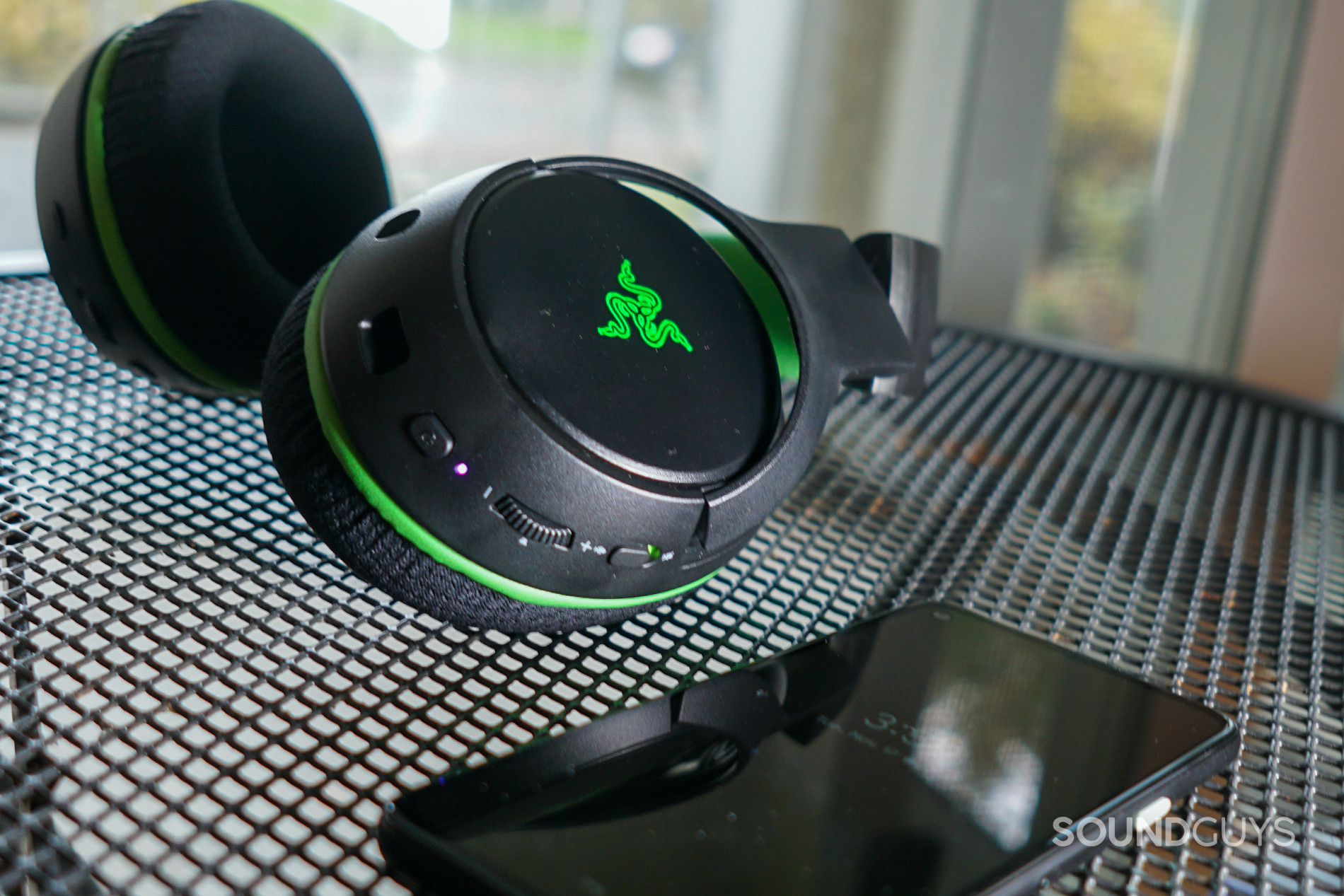
The Razer Kaira Pro has a couple ways to connect wirelessly to your devices. First and foremost, this is a gaming headset designed for Xbox Wireless, the proprietary wireless standard that Xbox controllers have used since the Xbox 360. This means the Kaira Pro can connect to the Xbox Series X/S without a dongle—just hold down the pairing button on the headset and the console, and you’re set. After you pair, the headset will connect to your console automatically every time you turn it on.
How do you connect the Kaira Pro to your smartphone?
Additionally, the Razer Kaira Pro supports Bluetooth connections to mobile devices. The headset comes with Bluetooth 5.0 firmware, and supports the default SBC codec, as well as AAC. AAC doesn’t play as well with Android devices as iOS ones, but for a secondary connection option, this is nice to have. The LED logos make it a slightly garish choice for going to a cafe (if you live somewhere that’s an option), but the Kaira Pro can handle it if you need.
The headset supports simultaneous connections with both its wireless options, but the boom mic won’t work while connected via Bluetooth. It’s a little unclear why that is, given the most common use of Bluetooth among gaming headsets is to let you answer a phone call or use the Discord mobile app without needing to stop gaming—wouldn’t you want the better mic option for that?
How is the battery life of the Razer Kaira Pro?
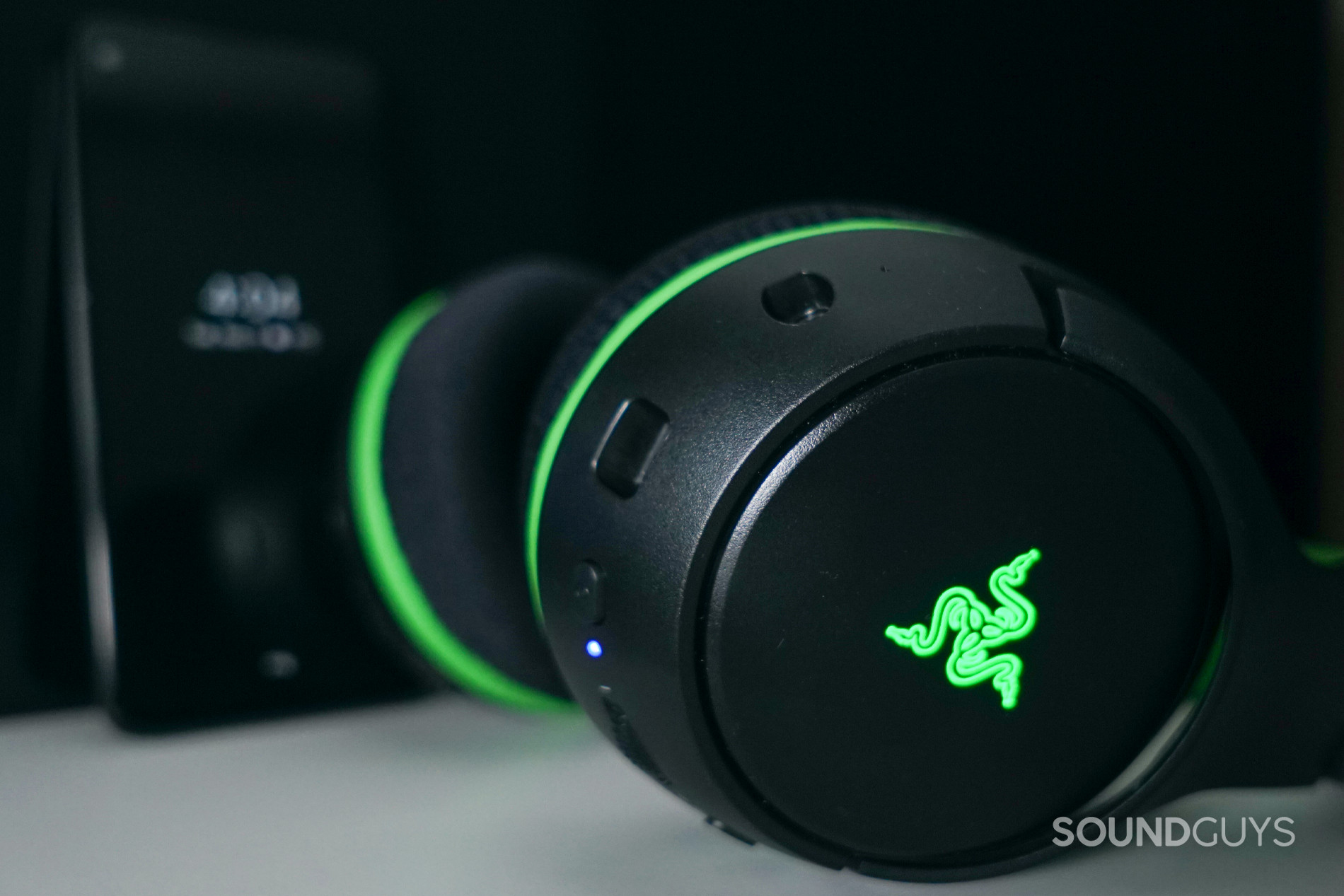
According to Razer, the Kaira Pro can last up to 20 hours with Chroma turned off and 15 hours with it on. However, since we don’t currently have access to an Xbox Series X/S, turning the Chroma light off isn’t an option. Despite this, the headset roundly beat these estimates.
In our testing we found the Razer Kaira Pro lasts just over 21 hours, 25 minutes at a consistent output of ~75dB with the Chroma lighting on. This test was conducted over Xbox Wireless, so expect poorer results over Bluetooth, and also at higher volumes. Conversely, if you turn off the Chroma lighting, you can expect even better results.
Is the Razer Kaira Pro good for gaming?
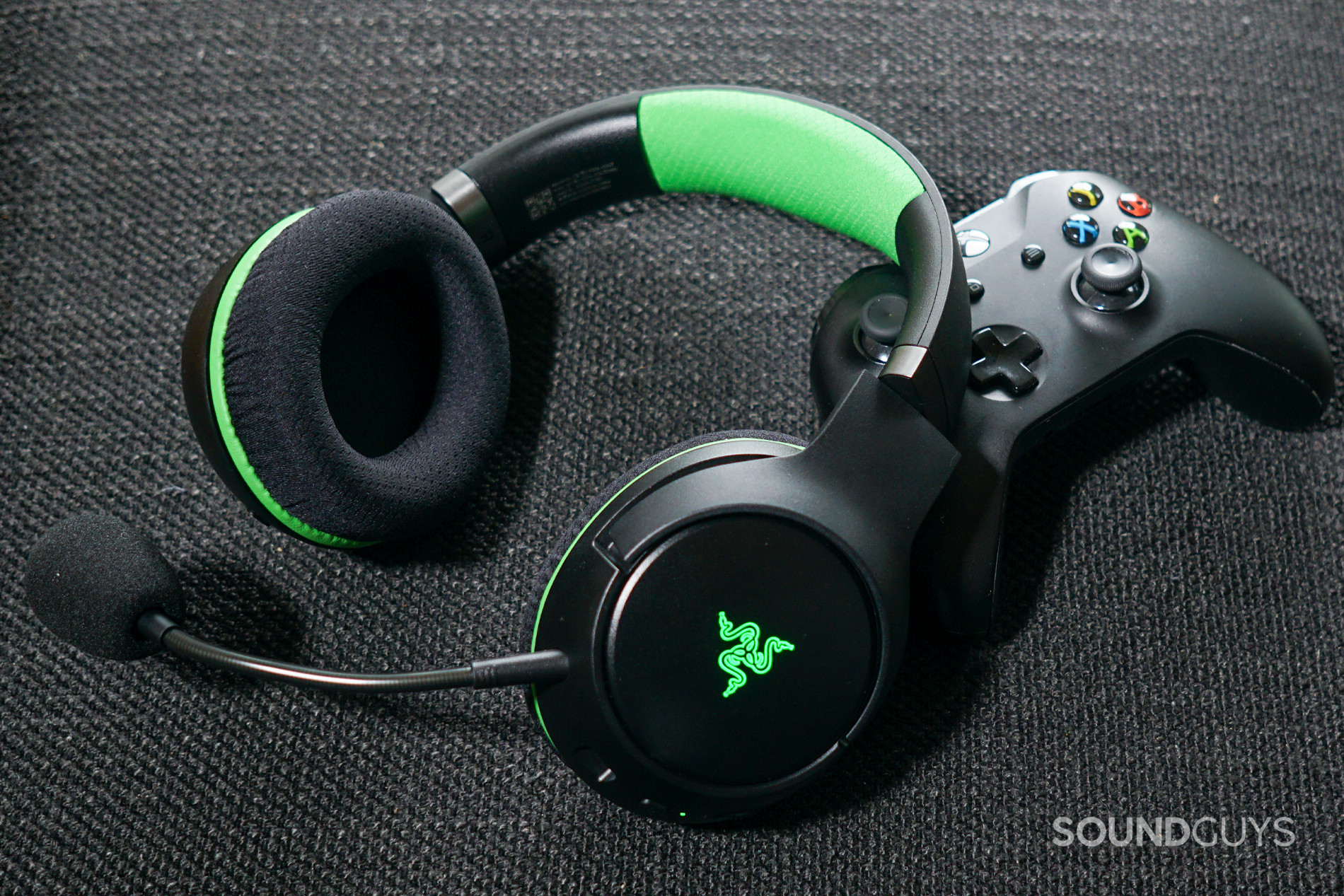
Gaming with the Razer Kaira Pro is a pretty smooth experience. Once you get the headset paired (in my case to an adapter on my PC), all it takes is turning it on, and you’re off to the races. It’s lightweight and comfortable enough to wear for extended gaming sessions without issue, too. The headset supports Windows Sonic surround sound on Xbox, so you won’t find yourself at even a minor disadvantage in games like Fortnite.
Related: A guide to gaming headset apps
On PC, the headset handled the demands of stereo games like Assassin’s Creed Valhalla and League of Legends just fine. However, this is not a great PC gaming headset. If the need to buy an additional adapter wasn’t already disqualifying for you, you can’t adjust your volume using the sound settings of your computer while paired with Razer Kaira Pro—only the on-ear volume dial has any effect. Additionally, while Windows obviously supports Windows Sonic, the surround standard doesn’t play well with the Xbox Wireless adapter, and causes audio to actually drop in some cases.
If you’re a multiplatform gamer, as people who use Xbox Game Pass increasingly are, this isn’t great for gaming everywhere. However, don’t expect any issues if you stick to the Xbox.
Does the Razer Kaira Pro block out background noise?
Loading chart ...
Even though it uses the same material for its ear pads as the Razer BlackShark V2, the Razer Kaira doesn’t quite match that level of attenuation. However, you probably won’t run into many issues at home. This level of attenuation should be plenty to keep noisy roommates and whirring fridges from taking you out of the game. Outside this probably won’t do much (doubly so in a noisy cafe), which is disappointing, given the headset’s Bluetooth capabilities.
How does the Razer Kaira Pro sound?
Loading chart ...
The Razer Kaira Pro doesn’t exactly offer the most accurate audio around. This is unfortunately pretty typical frequency response among gaming headsets, with bass boosted by almost 10dB, as well as slightly de-emphasized mids and highs. It won’t sound too far out of whack, but don’t expect anything approaching high-fidelity sound out of this gaming headset.
Lows, mids, and highs
Audio output like this is great for electronic music, and other genres that benefit from big booming bass, but you may find the sounds of strings and some cymbals get lost in the noise. For instance, the Rage Against the Machine classic Guerilla Radio generally sounds great on the Razer Kaira Pro, as you can hear every punch of the loud guitar chords and bass notes. However, some of the subtler details get a little lost to auditory masking, like the hihat punctuating the drum part and little bits at the edges of Tom Morello’s guitar solo.
Loud bass sounds great, but some strings and cymbals can get a little lost.
In game, an audio profile like this means chaos of the battlefield may sound, well, even more chaotic. Given that bass sounds are almost twice as loud on the Kaira Pro as a more neutral leaning headset, the din of explosions and gunfire will likely drown out quite a bit of the subtler audio cues that populate a game’s soundscape. It shouldn’t be too much of an issue most of the time, as game audio is generally balanced to account for this, but don’t expect to hear footsteps in the middle of firefight in Fortnite or Valorant.
How is the Razer Kaira Pro’s microphone?
The Razer Kaira Pro actually has two microphones—a detachable boom mic for gaming, and internal one for when you’re connected to Bluetooth. The boom mic is considerably more accurate than most gaming headset microphones. The bass output means people with deep voices won’t sound as tinny as on other headsets. The internal microphone sounds, well, not great, but that’s par for the course with an internal microphone. Listen for yourself:
How does the boom microphone sound to you?
As of March 29, 2021, 223 readers have rated the above mic sample as somewhere between “good” and “perfect.” This is an above average result for gaming headset microphone scores, and at the higher end of what you should expect to get out of any products of this type.
Should you buy the Razer Kaira Pro?
If you’ve just gotten your hands on a shiny new console and want something to match, you should consider the Razer Kaira Pro, which is currently $119. Otherwise, there are probably better options.
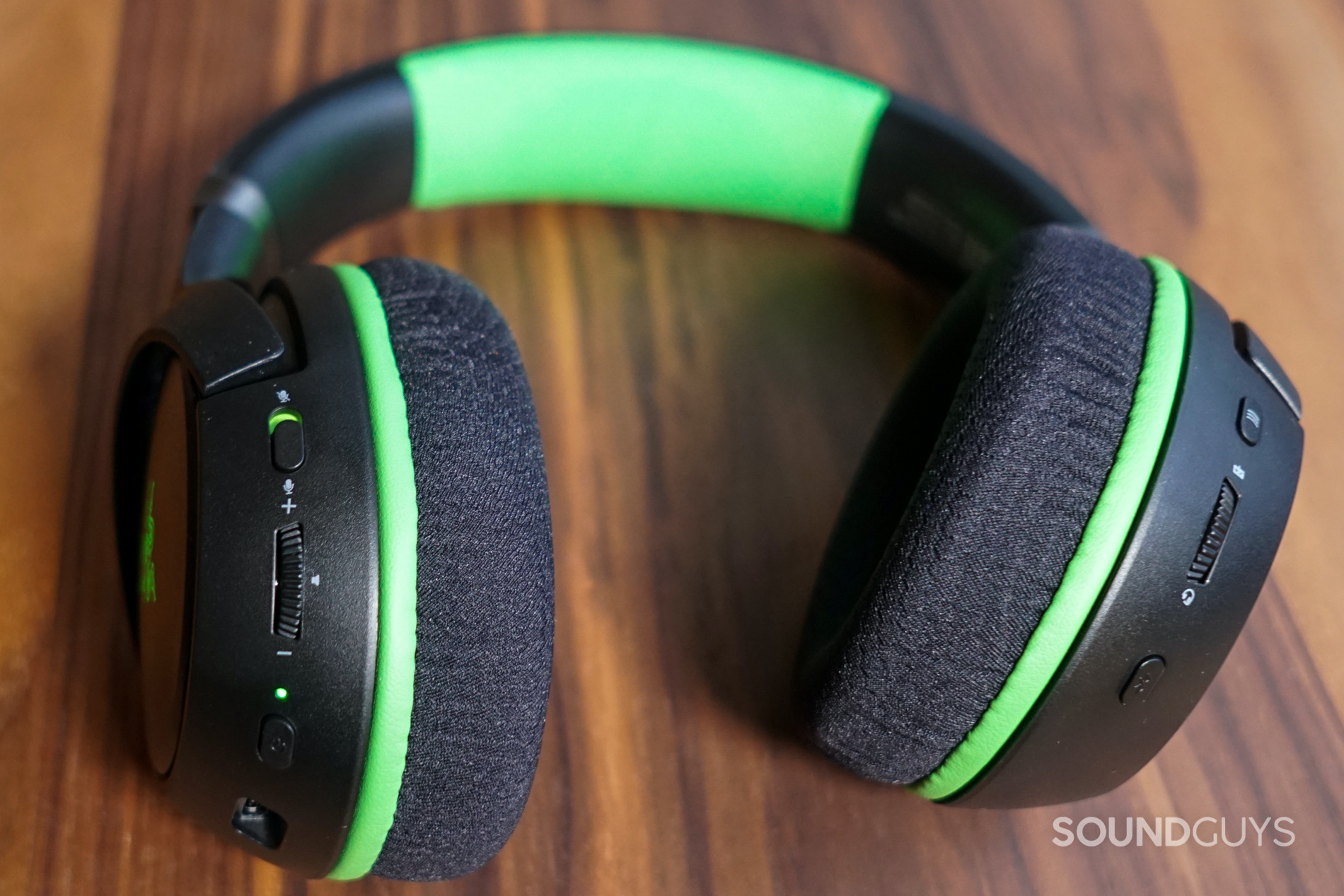
The Razer Kaira Pro is a great Xbox gaming headset, to be sure. It’s comfortable, sounds pretty good, has a great mic, and gets very good battery life. Xbox Wireless is easy to use, and seems pretty well lag-free. However, if you need a headset for even one more platform, this probably isn’t the one to get. The good microphone it comes with doesn’t work on mobile, so voice chat will suffer if you’re one of the millions who play Fortnite or PUBG Mobile on your iPhone. The PC experience isn’t great either, though that seems partly due to Microsoft’s slapdash implementation of Xbox Wireless.
Normally, in a review like this, I’d stick to other wireless headsets in recommending alternatives, but Xbox complicates that. The tricky thing about alternatives is that Xbox Wireless seems to be the root of some of the Kaira Pro’s awkwardness, and many wireless options for Xbox One and Xbox Series X/S use it. Just about any gaming headset meant for Xbox Wireless is also going to offer a similarly spartan PC experience. However, if you don’t mind a headset that plugs into your controller, the options open up considerably.
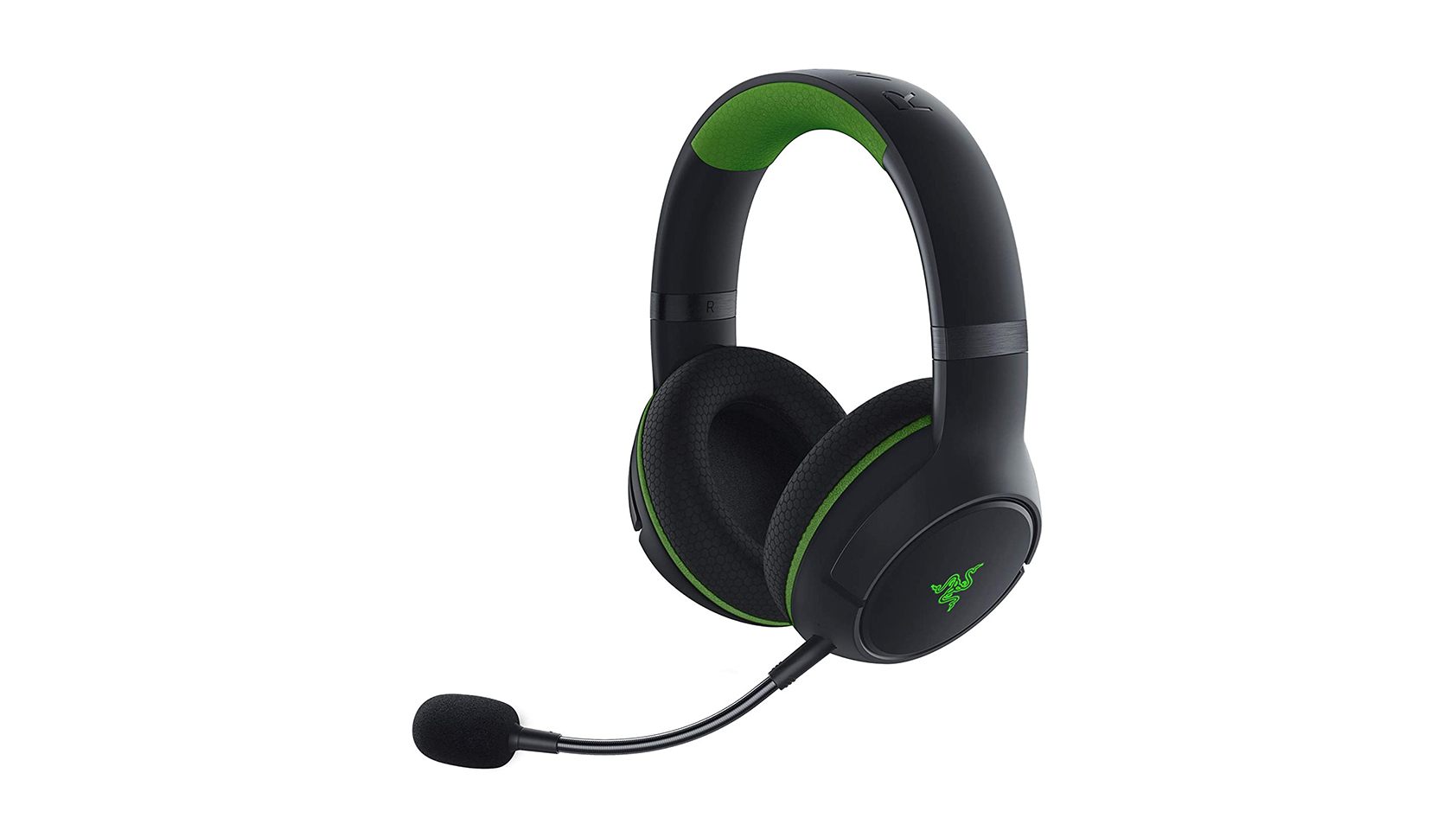
Ultimately, the Razer Kaira Pro feels like a great headset that’s a little hamstrung by the limitations of its main platform. This is definitely one of the best options in the burgeoning market for Xbox Series X/S gaming headsets. It’s just a shame that it can’t be great elsewhere too.
What should you get instead of the Razer Kaira Pro?
Wired gaming headsets like the Razer BlackShark V2 and Logitech G Pro X offer great fundamental performance, and much more robust PC experiences. Additionally, some headsets offer wireless audio via a dongle and are compatible with Xbox consoles. We recently reviewed the SteelSeries Arctis 7P, which has an Xbox-focused variant that uses a USB-C dongle to connect to Xbox Series X/S, Nintendo Switch, PC, and mobile.
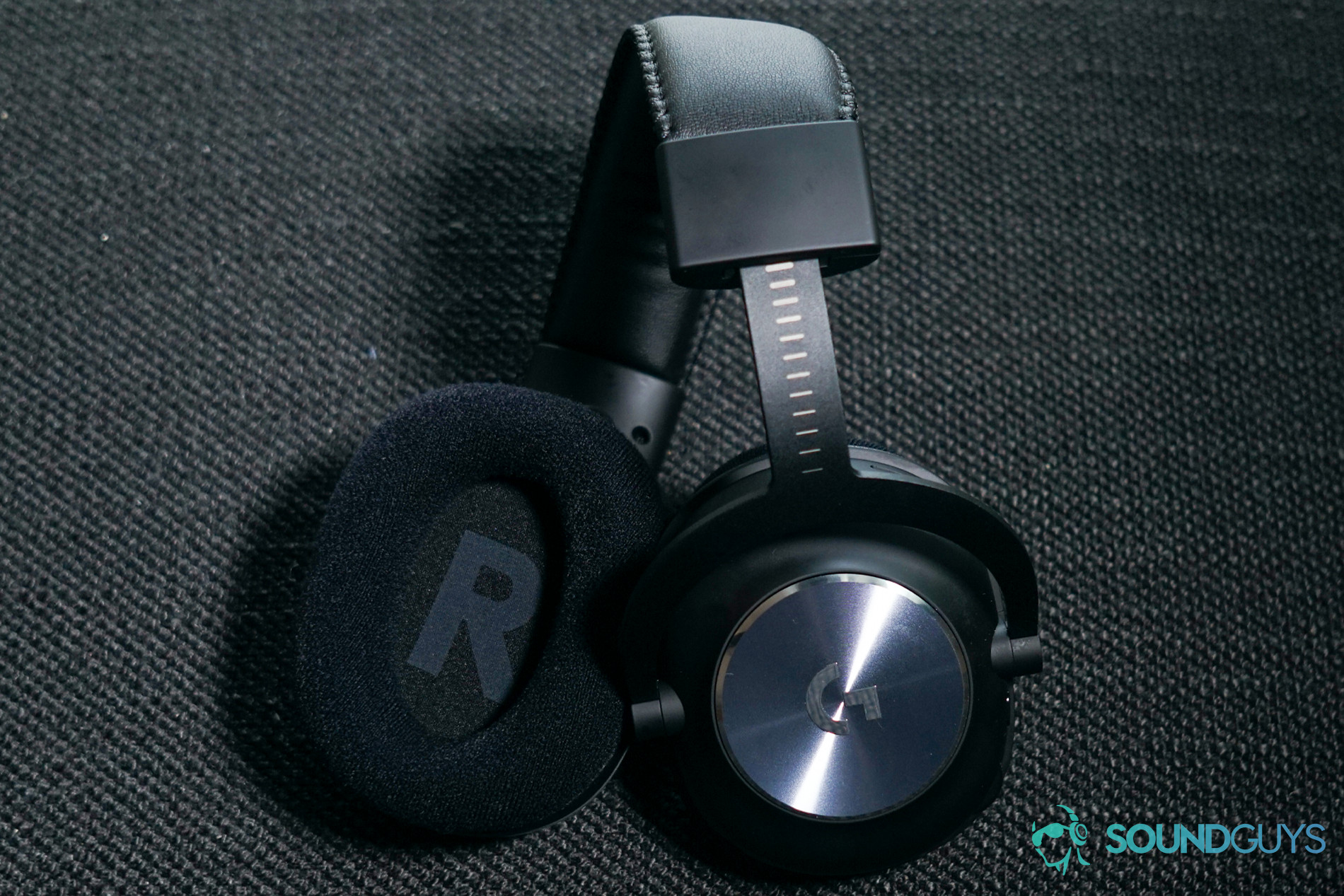
Given our experience with the 7P, the Arctis 7X is a pretty easy recommendation, if you don’t mind losing Bluetooth connectivity. If you’re just looking for an Xbox headset, even the basic Razer Kaira Wireless might be preferable—it doesn’t offer Bluetooth, but it’s $50 cheaper.
The Microsoft Xbox Wireless Headset is a great official option from the makers of the Xbox. If you’re committed to gaming on Xbox and looking for something that just works without a ton of bells and whistles, consider picking up this well-built headset.
Thank you for being part of our community. Read our Comment Policy before posting.